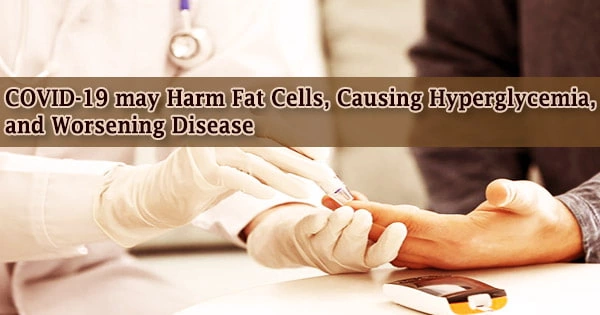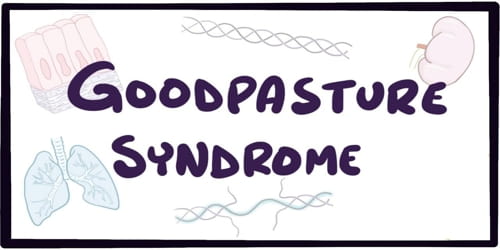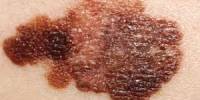According to a new study from Weill Cornell Medicine and New York-Presbyterian, COVID-19 may increase the risk of severe disease and mortality in many people by altering important metabolic signals and causing hyperglycemia.
The researchers discovered that hyperglycemia, or elevated blood sugar levels, is widespread in hospitalized COVID-19 patients and is substantially related with poor outcomes, according to the study published in Cell Metabolism on Sept. 15.
The researchers also discovered evidence that the coronavirus that causes COVID-19, SARS-CoV-2, can cause hyperglycemia by affecting fat cell synthesis of adiponectin, a hormone that helps regulate blood sugar levels.
Dr. James Lo is a cardiologist at New York-Presbyterian/Weill Cornell Medical Center and an associate professor of medicine at Weill Cornell Medicine’s Weill Center for Metabolic Health and the Cardiovascular Research Institute said: “we normally don’t think that fat cells are very active, but in fact, they synthesize many protective proteins for your body and it appears that SARS-CoV-2 may disable that protection in many patients.”
Diabetes’ fundamental symptom, hyperglycemia, is linked to inflammation and decreased infection resistance, and was identified as a substantial risk factor for severe COVID-19 early in the pandemic.
However, doctors began to discover evidence that COVID-19 is linked to hyperglycemia in people who have never had diabetes.
Dr. Lo and colleagues analyzed the records of 3,854 patients who were hospitalized with COVID-19 at New York-Presbyterian/Weill Cornell Medical Center, New York-Presbyterian Queens, and New York-Presbyterian Lower Manhattan Hospital in the first few months of the pandemic in the United States to better understand this important but mysterious aspect of COVID-19.
In contrast, hyperglycemia in COVID-19 patients is mainly caused by insulin resistance, in which insulin is present but the tissues it normally acts upon are no longer sensitive to it.
Dr. Moritz Reiterer
They discovered that a shockingly high percentage of these individuals (49.7%) had hyperglycemia or developed it throughout their hospital stays. Hyperglycemia was also related with poorer outcomes in these COVID-19 patients.
Patients with hyperglycemia were 9 times more likely to develop severe lung dysfunction (acute respiratory distress syndrome, or ARDS), 15 times more likely to require mechanical ventilation, and 3 times more likely to die than patients with normal blood sugar levels.
Surprisingly, the researchers discovered that hyperglycemia and the dangerous hazards it carries also occur in other types of severe lung dysfunction that aren’t caused by COVID-19. They detected it in the same percentage in COVID-19-associated ARDS cases as in non-COVID-19-associated ARDS cases, such as severe influenza or bacterial pneumonia.
Hyperglycemia in the latter cases, on the other hand, appeared to be mostly caused by the death or malfunction of beta cells, which produce insulin, the main hormone that regulates blood sugar levels.
“In contrast, hyperglycemia in COVID-19 patients is mainly caused by insulin resistance, in which insulin is present but the tissues it normally acts upon are no longer sensitive to it,” said first author Dr. Moritz Reiterer, a postdoctoral fellow in Dr. Lo’s laboratory.
Further testing revealed that the COVID-19 ARDS patients’ blood levels of adiponectin, a hormone produced by fat cells that normally protect against diabetes by improving insulin sensitivity, had significantly decreased.
It’s unclear how SARS-CoV-2 affects fat cell adiponectin synthesis. It could do so inadvertently by increasing overall inflammation, which destroys fat cells.
However, the researchers discovered that SARS-CoV-2 can infect human and mouse fat cells, implying that the virus may directly affect adiponectin production in COVID-19 patients.
The findings provide a new viewpoint on COVID-19, including a new explanation for why some persons have worse COVID-19 outcomes.
“Patients with obesity, for example, maybe more vulnerable to COVID-19 because they may already have some degree of insulin resistance and fat cell dysfunction, and possibly their fat cells are more susceptible to infection,” Dr. Lo said.
The findings also imply that thiazolidinediones, a family of diabetic medicines that stimulate adiponectin production, could be effective in treating COVID-19 when it comes with hyperglycemia. Before this may be used in clinical practice, more research is required.
Dr. Lo is now looking at whether COVID-19-induced hyperglycemia persists and progresses to diabetes following COVID-19 treatment.
Dr. Lo led the study in collaboration with other investigators at Weill Cornell Medicine and NewYork-Presbyterian including Dr. Laura Alonso, chief of the Division of Endocrinology, Diabetes and Metabolism at Weill Cornell Medicine and NewYork-Presbyterian/Weill Cornell Medical Center and the Herbert J. and Ann L. Siegel Distinguished Professor of Medicine at Weill Cornell Medicine, Dr. Robert Schwartz, associate professor of medicine in the Division of Gastroenterology and Hepatology at Weill Cornell Medicine and a gastroenterologist at NewYork-Presbyterian/Weill Cornell Medical Center, Dr. Edward Schenck, assistant professor of clinical medicine in the Division of Pulmonary and Critical Care Medicine at Weill Cornell Medicine and a pulmonologist at NewYork-Presbyterian/Weill Cornell Medical Center, and Dr. Monika Safford, chief of the Division of General Internal Medicine at Weill Cornell Medicine and NewYork-Presbyterian/Weill Cornell Medical Center and the John J. Kuiper Professor of Medicine at Weill Cornell Medicine.
Dr. Robert E. Schwartz is a paid member of Miromatrix Inc.’s scientific advisory board. Dr. Schwartz works for Alnylam Inc. as a paid speaker and consultant.















